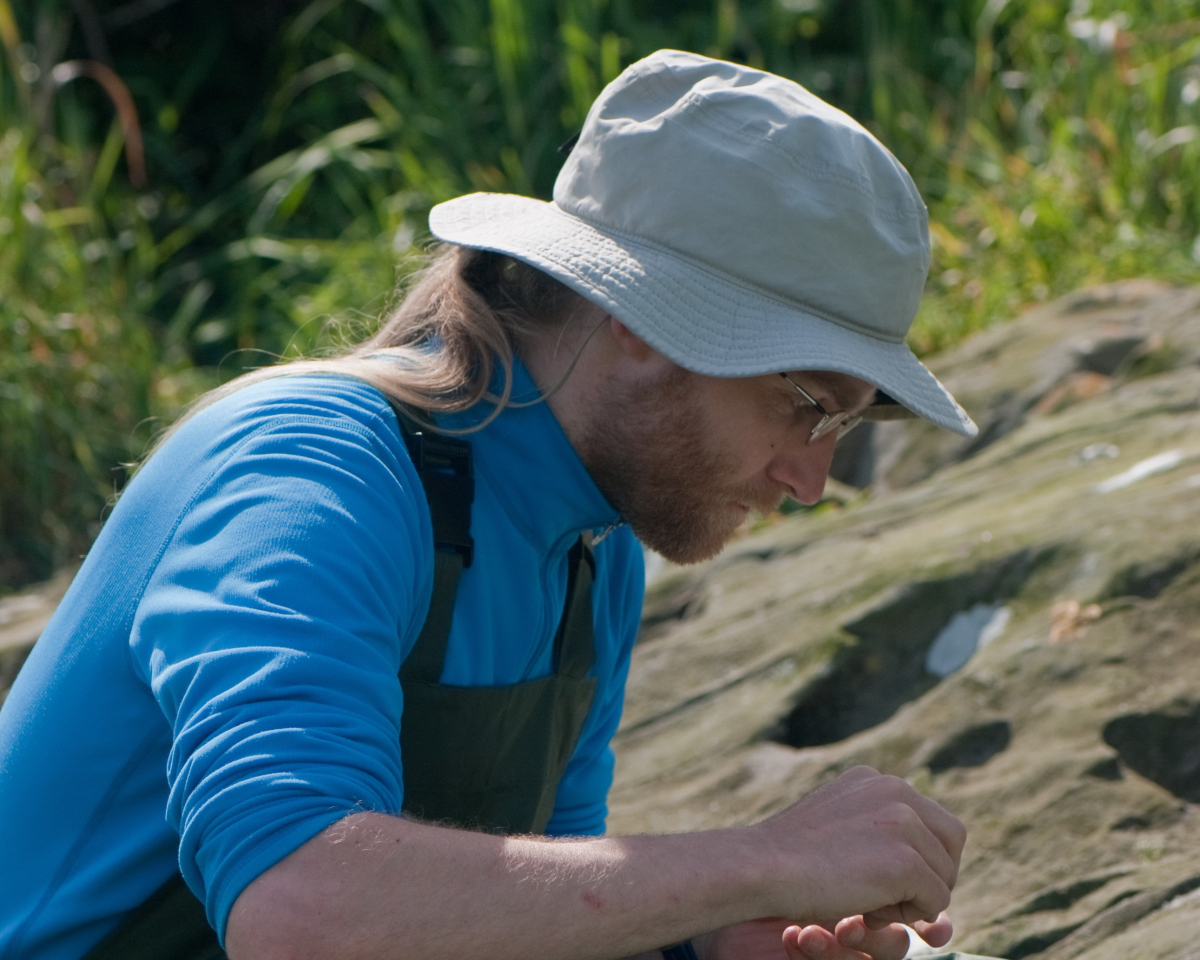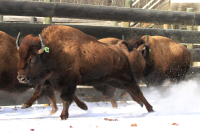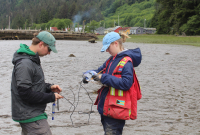Support strong Canadian climate journalism for 2025
Private landowners could play an important part in conserving land for species at risk with some tax changes, suggests a new paper.
The research, titled “Tax Shifting and Incentives for Biodiversity Conservation on Private Lands,” was published on July 26 in Conservation Letters, a journal of the Society for Conservation Biology.
“Many species are declining … so we are trying to correct that,” said Richard Schuster, lead author on the paper and a Liber Ero post-doctoral fellow at Carleton University in Ottawa.
As part of the United Nations Convention on Biodiversity, signed in 2010 by the former Conservative government, Canada committed to an international target of protecting 17 per cent of its land and freshwater by 2020. It sits at 10.6 per cent, worse than every other G7 country.
A national advisory panel was recently created by the current Liberal government to find ways for Canada to meet its target.
Using the threatened coastal Douglas fir ecosystems in the Georgia basin in southwestern British Columbia, Schuster and his co-authors believe they have come up with a practical solution to get landowners interested in helping meet those targets.
They are suggesting a “tax-shifting” scheme as an efficient route to conserving private land across Canada.
“If you look at species-at-risk maps from Environment and Climate Change Canada, you can see that population density and a number of species-at-risk really overlap quite prominently,” Schuster explained. “It means most of our threatened species are actually where we live.
“Conservation in those areas is really expensive.”
Their tax-shifting proposal suggests reducing property taxes for landowners with high-priority property to zero and increasing the taxes on nearby properties to make up the difference so municipalities won't lose the tax dollars.
“Some municipalities might be averse to wanting people to even donate their land to a land trust, because land trusts are sometimes able to pay no taxes,” said Peter Arcese, former chairman and a current director with the Nature Trust of British Columbia.
In this case, he said tax-shifting is sensitive to those concerns and doesn’t substantially raise taxes for the other landowners.
“The goal of the paper in part was to show that the amount of tax incentives that might be provided can be offset by really small increases on the other properties,” said Arcese, who’s also an author on the paper.
The landowners who get tax savings for their high-priority property would be subject to restricted covenants, meaning they couldn’t subdivide or develop their land.
Schuster said it not only provides an incentive to landowners and is revenue neutral for governments, but it would be quicker than waiting for B.C. and five other provinces without species-at-risk legislation to create it. It could, however, still require some legislative changes by provincial governments.
The paper focused on B.C., but he said it could serve as a blueprint for regions across Canada once the proposal is tested.
“We have done it theoretically,” said Schuster, noting they hope there’s interest from the new NDP government in B.C. to create a pilot project.
“We are presenting this as a possible solution,” he added, “but we really need to test it.”
No one from the B.C. government returned calls and the Federation of Canadian Municipalities didn't have any comment on the proposal at this time.






Comments